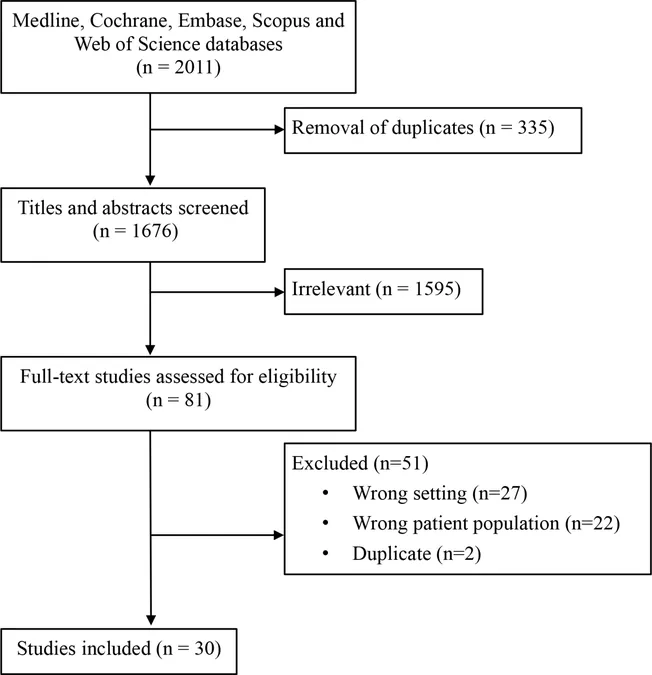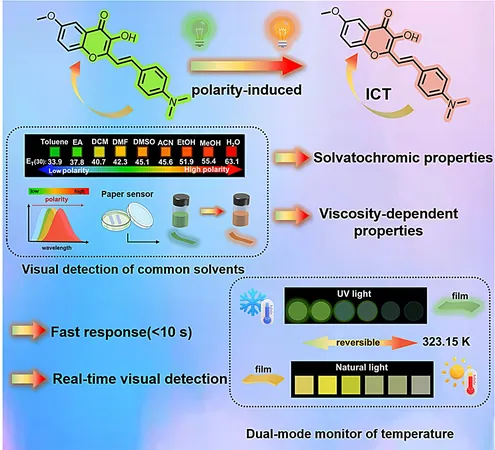
Navigating the Minefield of Informed Consent in Humanitarian Emergency Research
2024-11-20
Author: Wei Ling
The Trust Issue
One of the foremost obstacles in engaging potential research participants is the lack of trust in the research team. In unstable contexts, such as during regime changes or natural disasters, community skepticism towards non-local entities can soar. People may fear that sharing personal information will lead to exploitation or surveillance. A glaring example occurred with the Campylobacter Genomics and Enteric Dysfunction (CAGED) project in Ethiopia. After ethnic tensions erupted, many participants withdrew their consent due to concerns over researcher intentions, highlighting the vital need for building trust in communities before research commences.
Moreover, incidents like the controversial Pfizer drug trial during a meningitis outbreak in Nigeria showcase how an absence of transparency can lead to long-lasting skepticism towards medical research. Informed consent was mishandled, resulting in backlash that extended to refusal of future health interventions, including vital vaccination campaigns.
Understanding vs. Misconception
Another critical challenge arises from what has been termed therapeutic misconception; individuals in dire circumstances often confuse research with humanitarian relief. In emergency settings, where humanitarian assistance is paramount, potential participants may think they must engage in research to receive help. This misunderstanding poses a risk of coercion, compelling those already vulnerable to participate against their better judgment.
Vulnerable Populations at Higher Risk
Research in humanitarian crises often targets especially vulnerable groups, including children, displaced individuals, and survivors of violence or abuse. Children represent a particular challenge: they cannot always provide informed consent themselves due to legal constraints, and researchers might be ill-equipped to identify distress. In situations where children are separated from guardians, finding a balance between ethical standards and the necessity of research becomes even more complex.
Addressing Reduced Capacity for Information Processing
Additionally, the psychological impact of trauma may impair individuals’ ability to process information. For those affected by disasters, clarity is crucial, yet mental distress can distort perceptions of risk, leaving individuals unable to adequately evaluate their involvement in research.
Privacy and Security: A Double-Edged Sword
Sensitive data collection can usher in serious security concerns. Personal information collected during research might be weaponized against participants, exposing them to further danger, particularly in politically volatile settings. Thus, researchers must ensure confidentiality, which often can conflict with the need for thorough data collection. Engaging local stakeholders can serve as a safeguard against inadvertently compromising participant privacy.
Ethical Dilemmas and Power Dynamics
The nature of power dynamics in humanitarian settings complicates consent. Research teams may hold significant authority over potential participants, whether through economic dependency or humanitarian aid. This inherent power imbalance may deter individuals from voicing concerns or asking questions about the study, consequently undermining the validity of their consent.
Combatting Illiteracy and Language Barriers
Low literacy rates in many humanitarian contexts render traditional written consent procedures ineffective. Hence, researchers must innovate by incorporating audio-visual tools or community engagement methods that accommodate diverse linguistic backgrounds. Open dialogue employing local communicators can help bridge gaps and foster understanding.
Empowering Ethical Practices Amid Urgency
The urgency inherent in humanitarian emergencies further complicates the ethics of research. Traditional Institutional Review Board (IRB) processes may be slow, hampering timely research deployment. It’s essential to adapt and give local ethics committees authority to expedite approvals for studies that could save lives. Rapid consent mechanisms such as dynamic consent models can help researchers stay responsive to the evolving conditions during crises.
Conclusion: A Call for Ethical Vigilance
This comprehensive understanding of the challenges and strategies surrounding informed consent in humanitarian settings is crucial for researchers, NGOs, and policymakers. Increased community engagement, transparent practices, and alternative consent methods can overcome the substantial barriers present in high-stakes environments. Only by prioritizing ethical considerations and adapting to the urgent realities of humanitarian work can we ensure that research genuinely serves its intended purpose: to benefit vulnerable populations effectively and compassionately. The insights derived may extend beyond traditional humanitarian contexts, offering guidelines applicable in various settings where ethical obstacles arise.




 Brasil (PT)
Brasil (PT)
 Canada (EN)
Canada (EN)
 Chile (ES)
Chile (ES)
 España (ES)
España (ES)
 France (FR)
France (FR)
 Hong Kong (EN)
Hong Kong (EN)
 Italia (IT)
Italia (IT)
 日本 (JA)
日本 (JA)
 Magyarország (HU)
Magyarország (HU)
 Norge (NO)
Norge (NO)
 Polska (PL)
Polska (PL)
 Schweiz (DE)
Schweiz (DE)
 Singapore (EN)
Singapore (EN)
 Sverige (SV)
Sverige (SV)
 Suomi (FI)
Suomi (FI)
 Türkiye (TR)
Türkiye (TR)